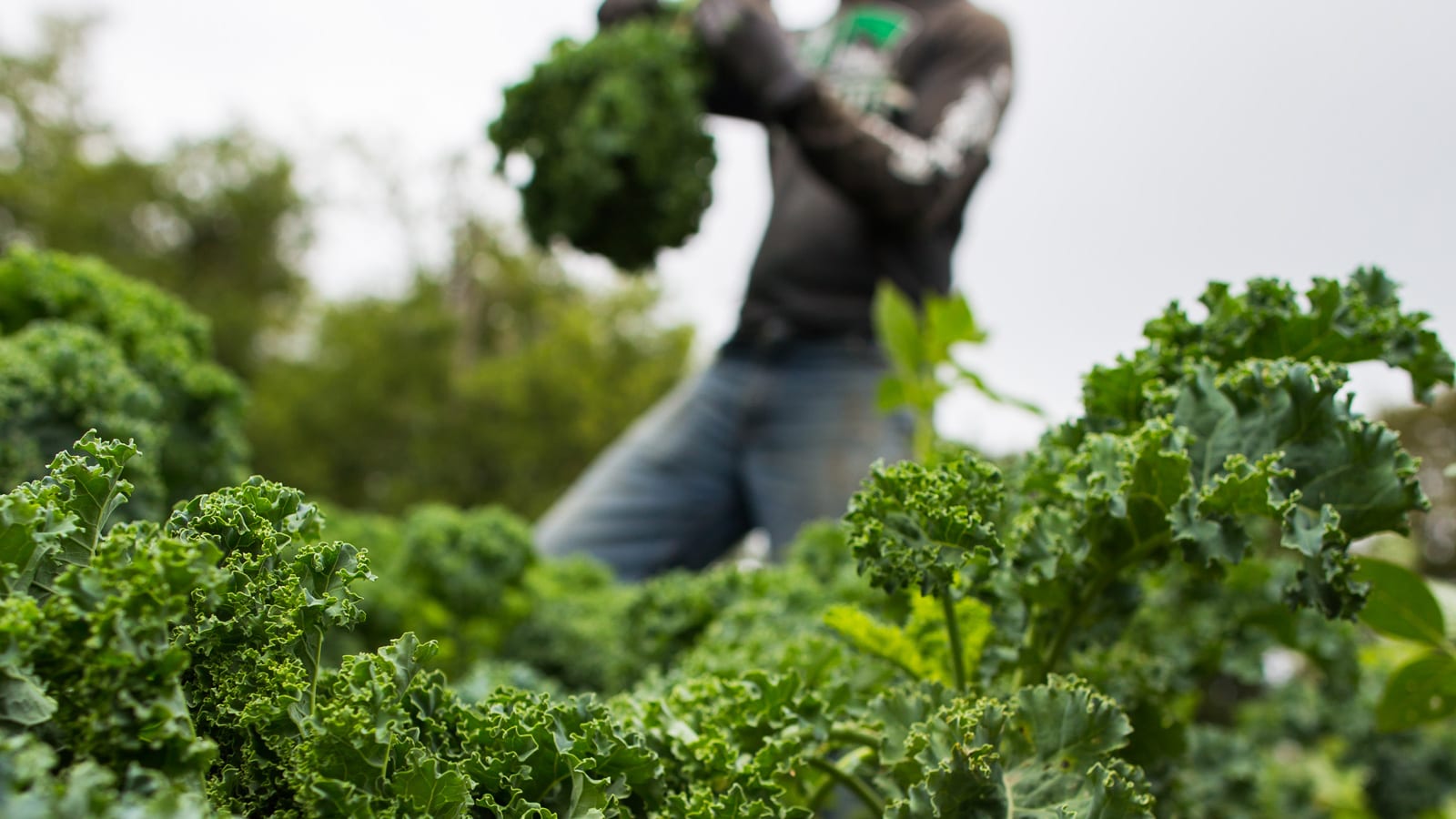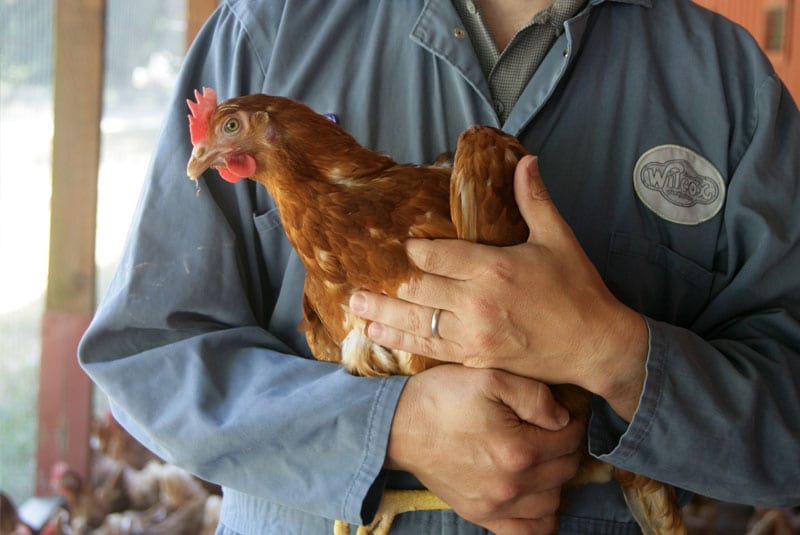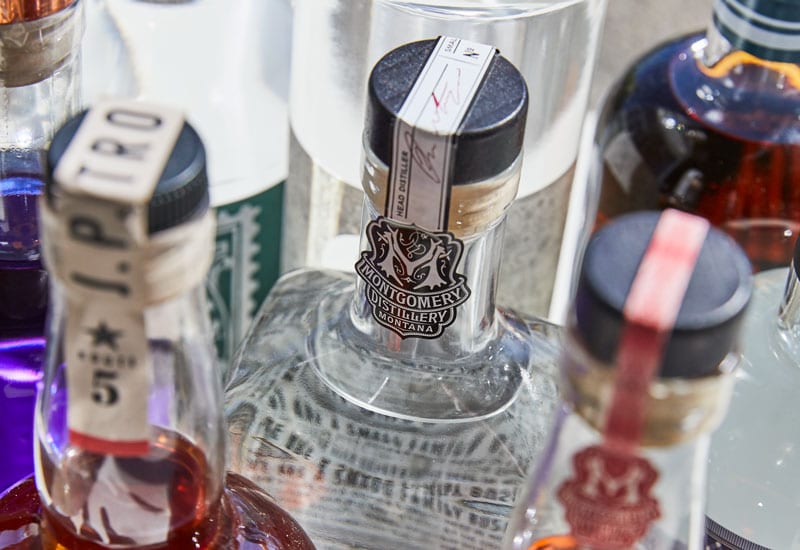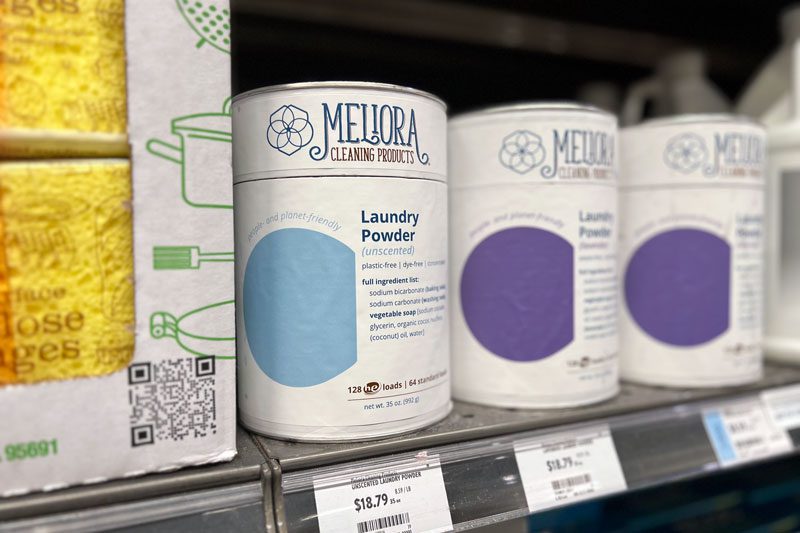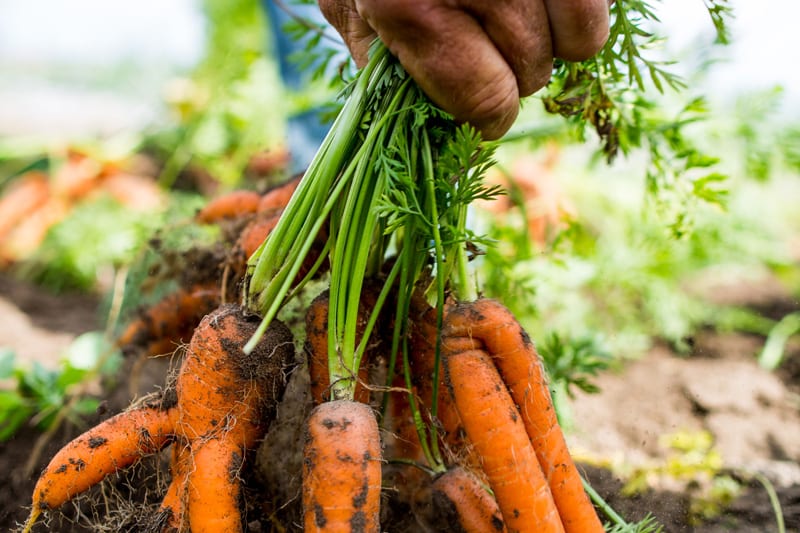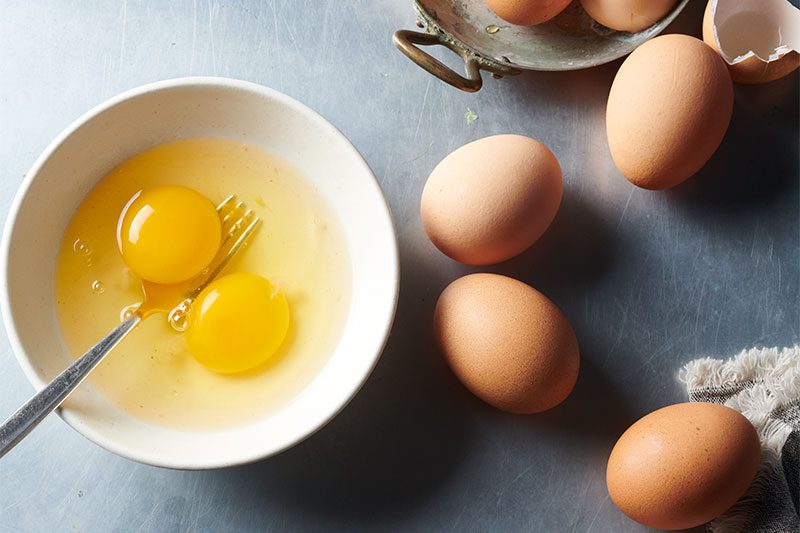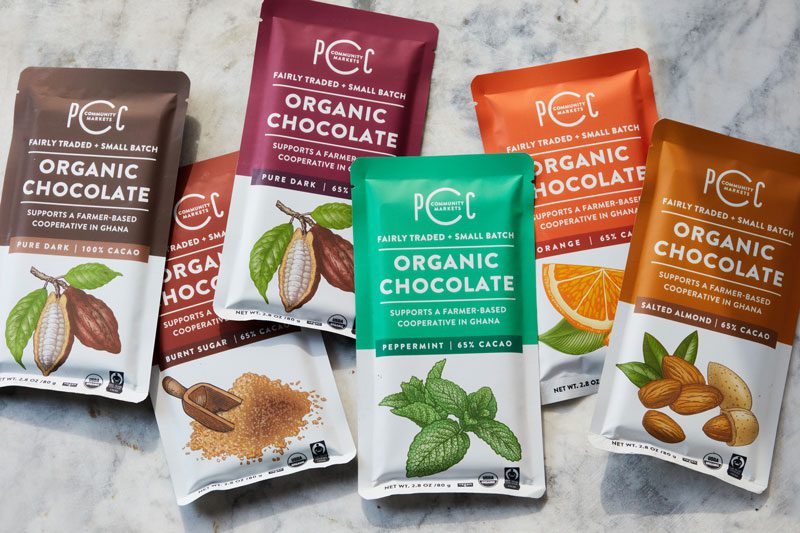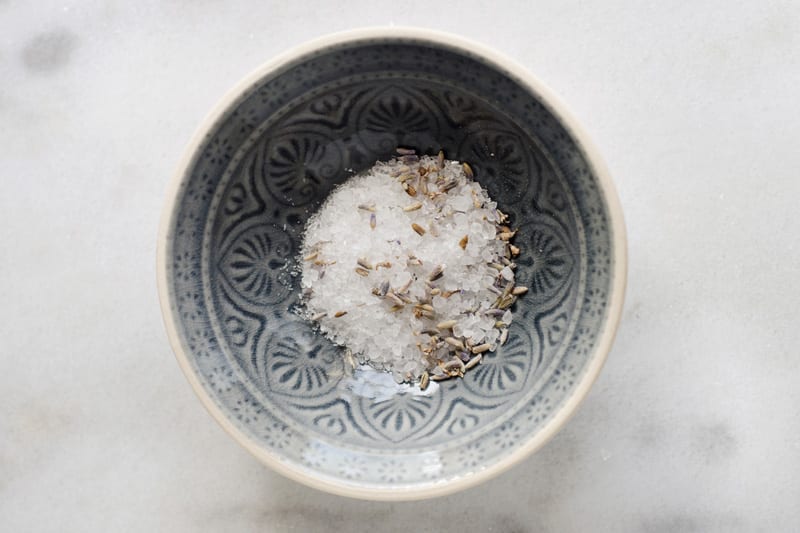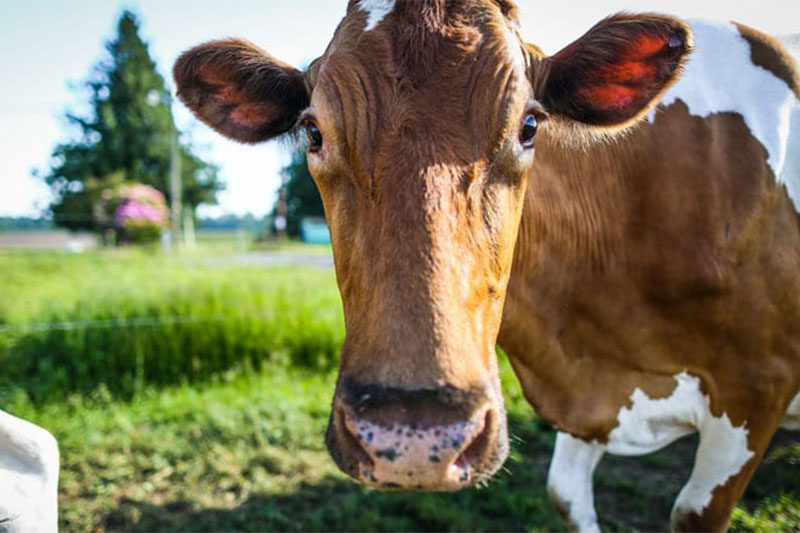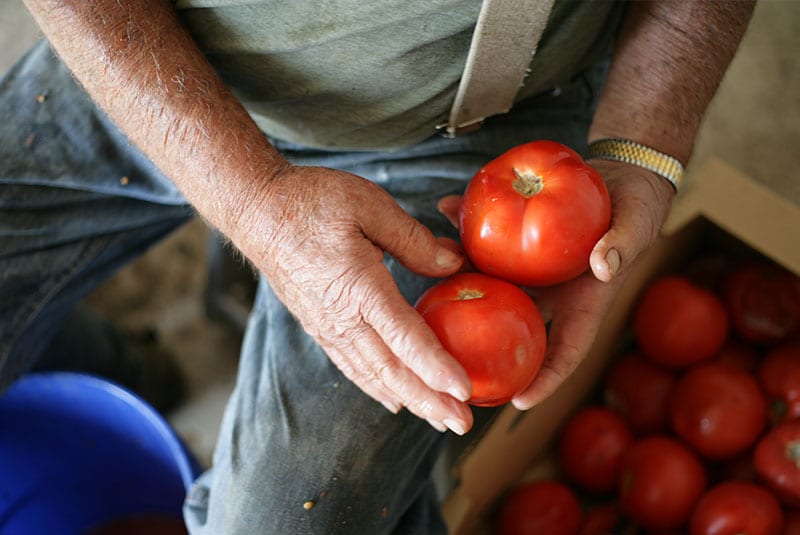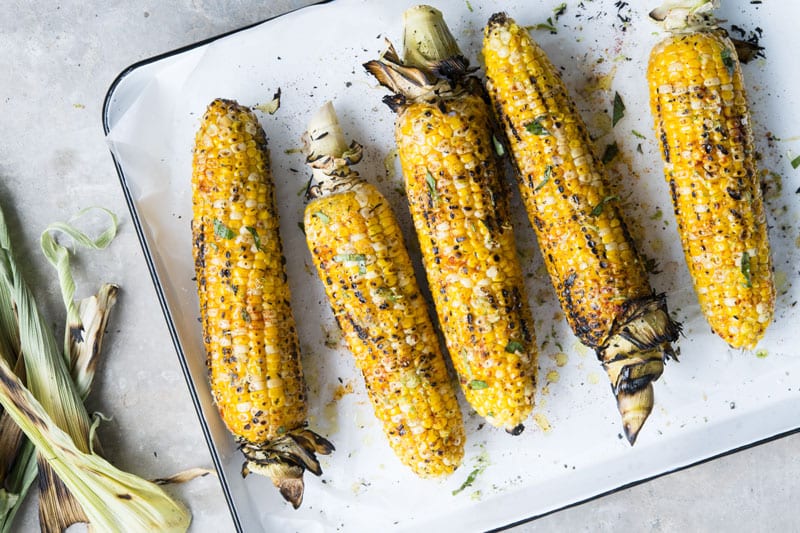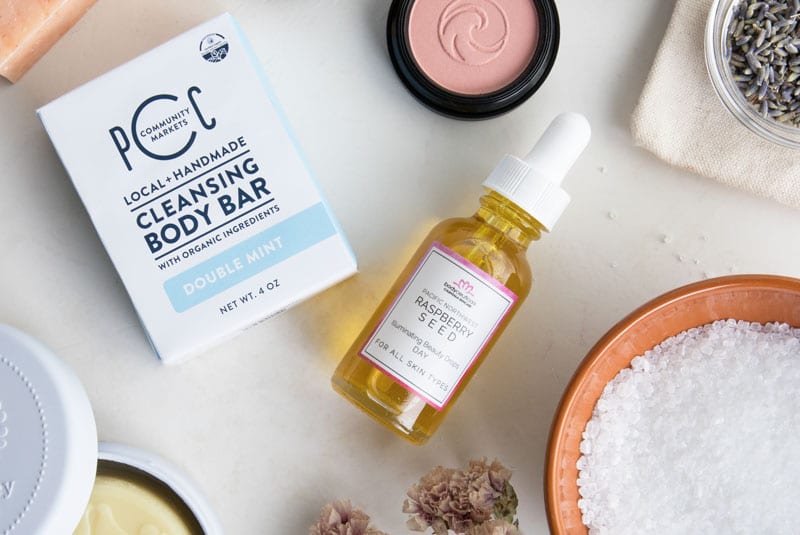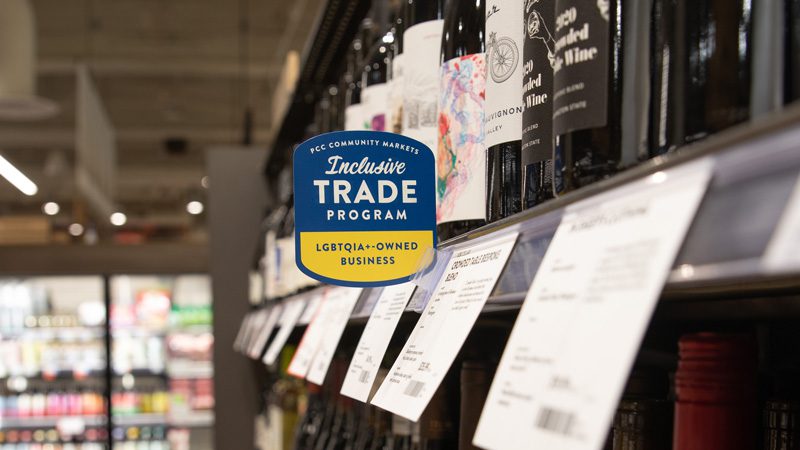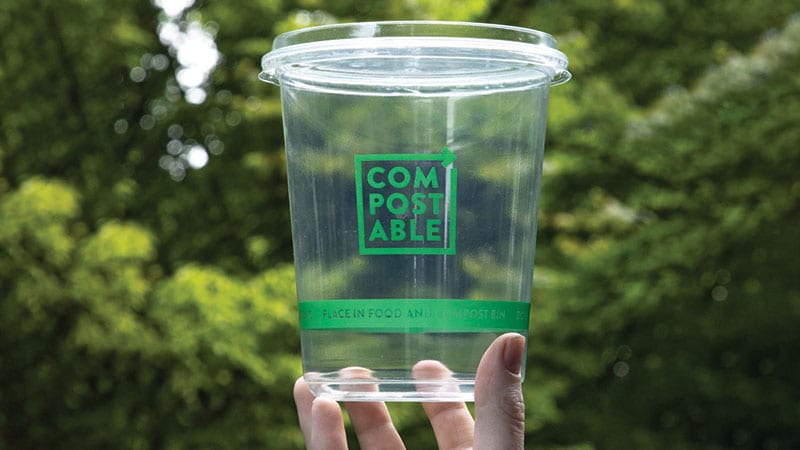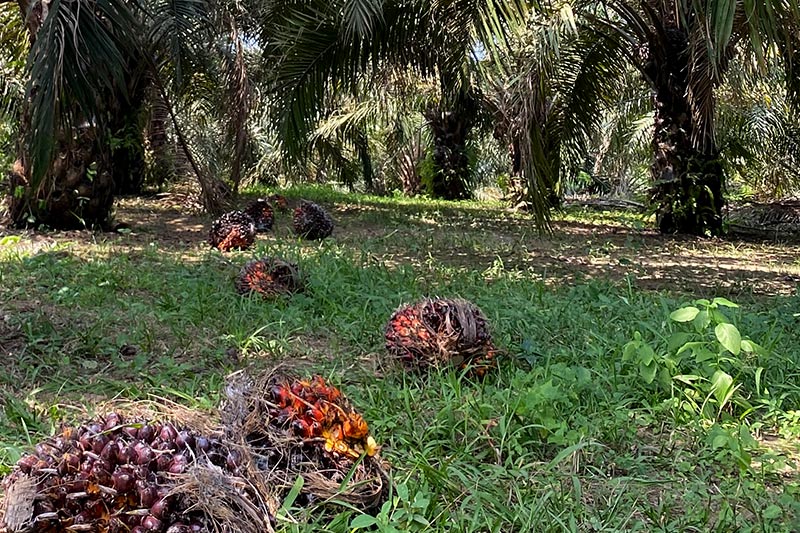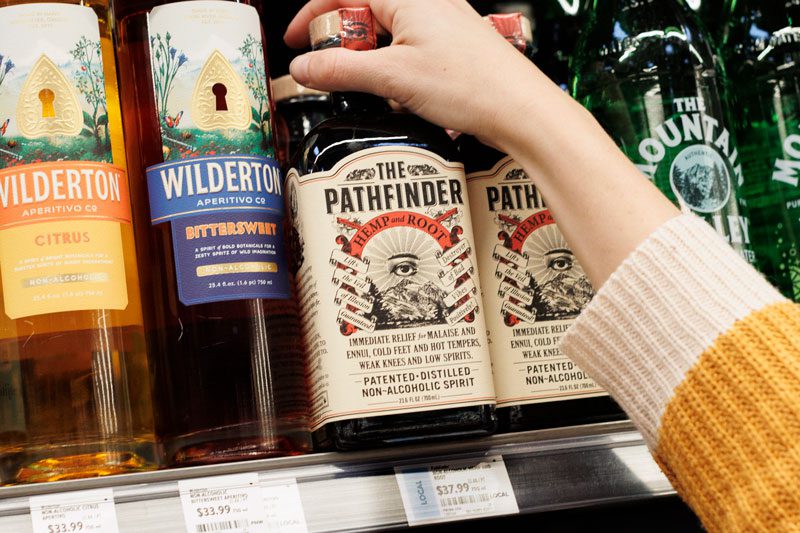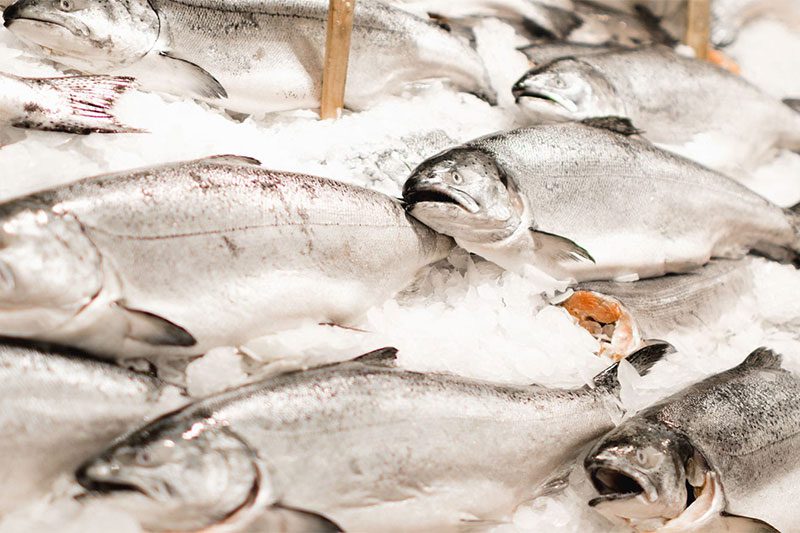Seafood
Fresh and frozen seafood at PCC comes from responsible sources as defined by the Monterey Bay Aquarium Seafood Watch program. This means fisheries or aquaculture operations are rated a Green Best Choice, Yellow Good Alternative or are eco-certified to a standard recognized by Seafood Watch. The only exception is Chinook salmon, which is sourced according to our more specific PCC Chinook Sourcing Standard.
In creating its assessments and rating system, the Monterey Bay Aquarium Seafood Watch program considers a variety of factors associated with seafood production, including catch method, bycatch and impacts on the natural habitat.
PCC’s standards also consider consumer health. We will not sell seafood species known to be high in mercury or other contaminants, and we will not accept seafood processed with any toxic chemicals used to prevent thaw drip or preserve color.
Additionally, our farmed seafood selection is carefully curated. We will never sell carnivorous species or fish raised in net pens, and any farmed finfish or shellfish must be raised without the use of pesticides, antibiotics or genetically engineered feed.
The majority of our seafood comes from the USA, in part to avoid seafood procured by illegal fishing and practices that exploit workers in other parts of the world.
PCC Finfish, Shellfish, Crustacean, and Cephalopod Standard >
Finfish, Shellfish, Crustacean, and Cephalopod Standard FAQs >
Chinook Salmon Standard
The PCC Chinook Sourcing Standard, developed by experts at the National Fisheries Conservation Center (NFCC), supports a place-based sourcing strategy for Chinook salmon. This assures consumers that purchase these fish do not deplete Southern Resident Killer Whales’ main food supply.
Using a three-tier rating system, fisheries and supporting hatcheries are evaluated to ensure harvesting Chinook is not intercepting prey for Southern Residents or depleting salmon stocks. Since incomplete knowledge and insufficient data is always a risk, suppliers must be able to show a high level of confidence in their data for avoiding prey interception or stock depletion.
Additionally, PCC will only sell Chinook salmon from fisheries that receive an A in the Prey Interception Risk category and an A or B in the Stock and Knowledge risk categories. Because of the unique rigor and regional focus of this independent standard, Chinook sold by PCC is evaluated separately from the Monterey Bay Aquarium Seafood Watch program.
PCC Chinook Sourcing Standard and Rating Guidelines Report >
Chinook Sourcing Standard FAQs >
Columbia River Chinook Sourcing FAQs >
Chinook Salmon Fishery Evaluation Reports >

